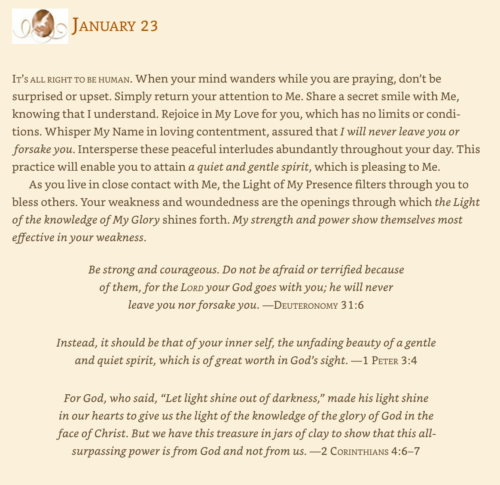Becoming a New Saint
Buddhist teacher Lama Rod Owens writes of the “New Saint” as an individual who is faithful to the path of spiritual and social liberation in our own time:
New Saint is a contemporary expression of an ancient Buddhist tradition that understands the saint as a bodhisattva. Bodhisattva is roughly translated as “spiritual warrior” and is one who is motivated by the energy of bodhicitta, or a profound altruistic wish to free all beings from suffering. I feel that the world is desperate for a reframing of this tradition that is contemporary, direct, simple, and accessible to all folks, especially those who do not identify as Buddhist.
Saints are people from various spiritual and religious traditions who have deeply embodied love and compassion and whose embodiment has inspired countless others to aspire to that same practice. However, for most of us, sainthood seems a lofty and vague endeavor that is more divine and religious than practical. This current era is calling for saints—New Saints—who are from this time and place, who speak the language of this time and place, and, most importantly, who embrace the integration of both social and ultimate liberation. New Saints can surrender into the Divine or spiritual while disrupting systems of violence. I believe that we all can and must become New Saints for ourselves and our communities.
Owens describes how the New Saint works for freedom for all:
The New Saint’s end goal is liberation for themselves, all beings, and all phenomena. Everything must be freed. The cultivation and unification of clarity, love, compassion, and joy point the New Saint toward freedom….
When I say “freedom” or “liberation,” I am talking about our fundamental capacity to choose responsiveness over reactivity. Experiencing the sensations of our minds and bodies reduces reactivity and allows us to experience fluidity. When there is more fluidity, there is more potential for care, and that care helps us to reduce violence against ourselves and others. Freedom is the agency to choose how we want to be in relationship with ourselves and the world around us.…
On the community level, outer freedom means that the community has agency to determine what it needs and has access to what it needs. Individuals are held, loved, and given space to meet their needs within and with the support of the community. It means being able to live in harmony with other communities and not feeling dominant or feeling the need to dominate. There is room for cooperation and understanding.
Owens reminds us that we have a choice to be free:
In the end, we must understand that our feelings about freedom have nothing to do with freedom. Freedom isn’t a feeling; it is as much a state of being and experiencing as joy. To be free is to remember that I have always been free. The real labor of liberation is acknowledging that there is always a choice, even though I must work to get back to that choice
